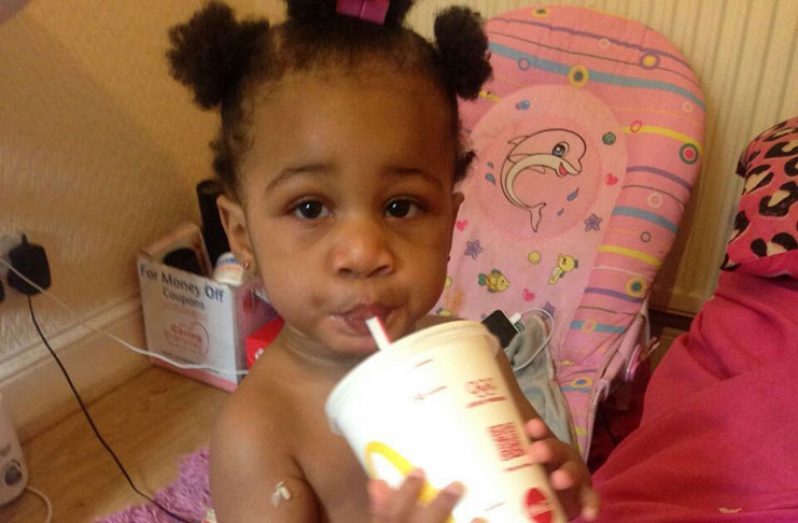IT is a well-known fact that teaching children positive behaviour from very young has its rewards in the future: so parents who want results have to stay on the ball and can’t afford to lapse. They are role-models, who lead by example and they quite rightly should have the biggest influence over their children.
It is often said that morals and values cannot be taught, they are instilled from the environment in which a child lives, therefore, parents need to create a positive environment that takes into consideration the elements that are necessary for their child’s growth and development.
One of the elements for a positive environment that parents tend to overlook is the type of food they feed their children. Children love fast food and parents who can afford it tend to supply their children with fast foods to stop them nagging, to keep them quiet or just to make them happy.
Fast foods can be addictive, they tend to have hidden amounts of sugar/salt and very little nutritional value. They may taste nice, but is it right to raise a child with a palate based purely on what food ‘tastes’ like, as opposed to what types of food are good for him and nourishes his body? Obesity and diabetes are becoming more common among children; therefore, parents have a duty to monitor the types of food they feed their children.
Giving a child a healthy diet should start early: this means introducing foods from each food group and experimenting in different ways to make food interesting and fun.
Foods that are rich in nutrients such as fresh fruit and vegetables and low-fat milk are especially good for growing children. Peanut butter, eggs, salmon, oats and whole grains can assist with your child’s brain development. There is a well-known saying, ‘you are what you eat,’ which means you literally get out (of your body) what you put in, so try to balance your child’s diet sensibly for maximum energy, less illness and greater alertness.
Another positive element that parents may need to address is that of responsibility. A child needs to have a sense of responsibility for his belongings, his conduct and how he applies himself at school and elsewhere. Parents should encourage children to be responsible: to help in the home using their own initiative, to keep their rooms, surroundings and environment clean and themselves tidy.
If parents do not encourage children in a positive way from a young age, it is unlikely that they will develop these traits instinctively and it may become difficult to introduce them when the child is older. As part of being responsible, parents have the task of explaining and demonstrating to children the importance of fairness and being aware of other people’s feelings and needs.
Many parents make excuses for their child’s behaviour when they are irresponsible, tactless, or rude, even when they know that their child knows better. The most common excuse is, ‘he/she is only young and will grow out of it.’
But covering for a child in any way does not foster an authentic relationship between parent and child. Children get used to twisting the truth or telling ‘white’ lies to get out of problems, this may become a norm for how they problem-solve in the future. In addition to this, they tend to lose a certain amount of respect for their parent(s).
There is no blueprint for taking care of children and they certainly do not come along each with an individual manual, but with communication, interaction and observation, parents can do a reasonably good job for their child and stay one step ahead of his/her needs.
4 minutes 4 change – keeping it positive
SHARE THIS ARTICLE :
Facebook
Twitter
WhatsApp



.jpg)








